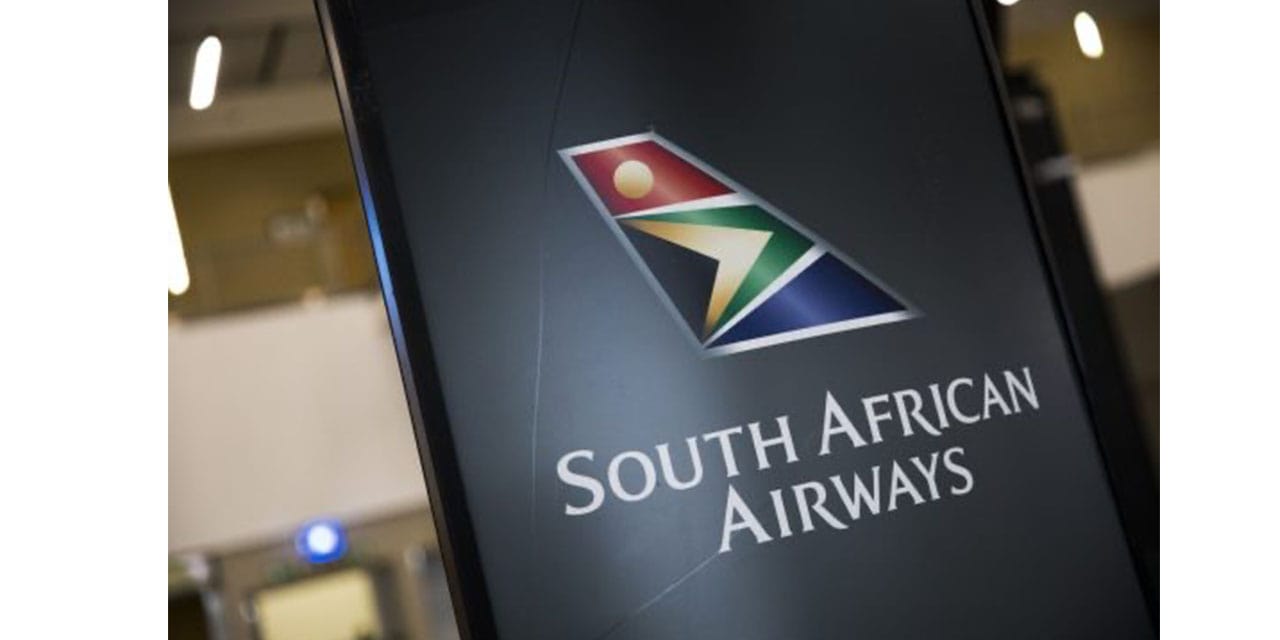Tujoromajo Kasuto
The beleaguered South African Airways, the country’s flag carrier airline, won a court case today against the first nine accused to be prosecuted jointly and severally for damages totaling N$13 265 298.05 as a result of extensive fraud, theft, and irregularities in relation to and involving fraudulent baggage claims that occurred at their Windhoek office in 2014.
High Court judge Hannelie Prinsloo today delivered the judgement against the Sixth Defendants of which the First, Second and Seventh Defendants a judgement was granted on 20 March 2020.
The judgement requires payment in the amount of N$13 265 298.05 at an interest rate of 20% per annum calculated from 19 August 2013 until date of payment in full.
The tenth defendant is ordered to deduct from the sixth defendant, as former members of the Namflex Pension Fund now known as the Alexander Forbes Namibia Retirement Fund (Pension Section) the amount of N$109 557.90 and then pay the amounts to the airline or its nominees.
Of the nine defendants only six entered a notice of intention to defend, namely 1st, 2nd, 4th, 5th, 6th and 7th defendants.
The defence of the 1st, 2nd and 7th defendants was struck from the court roll on 11 September 2019 and on 20 March 2020 the plaintiff moved for judgment against these defendants which was granted.
The 3rd and 9th defendants did not register an intention to defend and it would appear that the whereabouts of these defendants are unknown to the plaintiff (SAA).
The 4th and 5th defendants entered into settlement negotiations with the plaintiff. The only remaining defendant who chose to pursue this matter to trial is Joseph Brinkmann, the 6th defendant.
The South African Airways pleaded that during March 2009 and September 2013 court sessions that the respective defendants were employed by the plaintiff in various positions in the plaintiff’s Windhoek office.
During 19 August 2013 to 23 August 2013 the airline through its finance department in South Africa investigated irregular and high baggage expenditure by the Windhoek station.
A further independent forensic investigation was conducted by the airline’s insurers during April 2014 and a report was compiled accordingly.
The airline submitted that the investigations established that there were extensive fraud, theft and irregularities taking place involving fraudulent baggage claims.
The airline said that the employees had represented to the plaintiff that a lost baggage claim had been registered on the international tracking system known as the ‘WorldTracer’ system, to which the plaintiff subscribes.
The employees would generate false claims in order to authorise the procurement of a quotation for the replacement of fictitious passenger’s lost luggage.
Additionally, the employees assisted each other to sign the AW307 claim form, issued on strength of fraudulent quotations and in distributing the cash to fictitious passengers in order to replace fictitious baggage.
A false tax invoice for the fictitious baggage purchase was then obtained and presented to the plaintiff by one of the employee defendants for approval and payment. The defendants then shared the proceeds of the unlawful activities with each other.
The airline claims damages in the amount of N$13 265 298.05, which amount was fraudulently misappropriated by the 6th (Brinkmann) and 10th defendants only.
The plaintiff informed the court that on 20 October 2014 the sixth defendant acknowledged that he was indebted to the airline in an amount totalling N$109 557.90.
The plaintiff claims that the defendants’ misrepresentation and/or fraudulent activities and /or theft are part of the breach of contract claim against Brinkmann, as well as damages for fraud perpetrated by the 6th defendant, whilst employed by the airline.
Brinkmann denied having any knowledge of fraudulent activities, arguing he was a messenger and at no time carried out any administrative or executive functions.
He further pleaded that his duties entailed picking up and carrying messages, documents, packages and other items between offices or departments and that he could not have known of the plaintiff’s Expense Authorisation form and the procedure therein.
In the case of the written acknowledgement, Brinkmann claims that he was forced to sign it under pressure and compulsion, with no explanation of the document’s contents or nature, claiming that the plaintiff lied to him and forced him to sign the paper.




